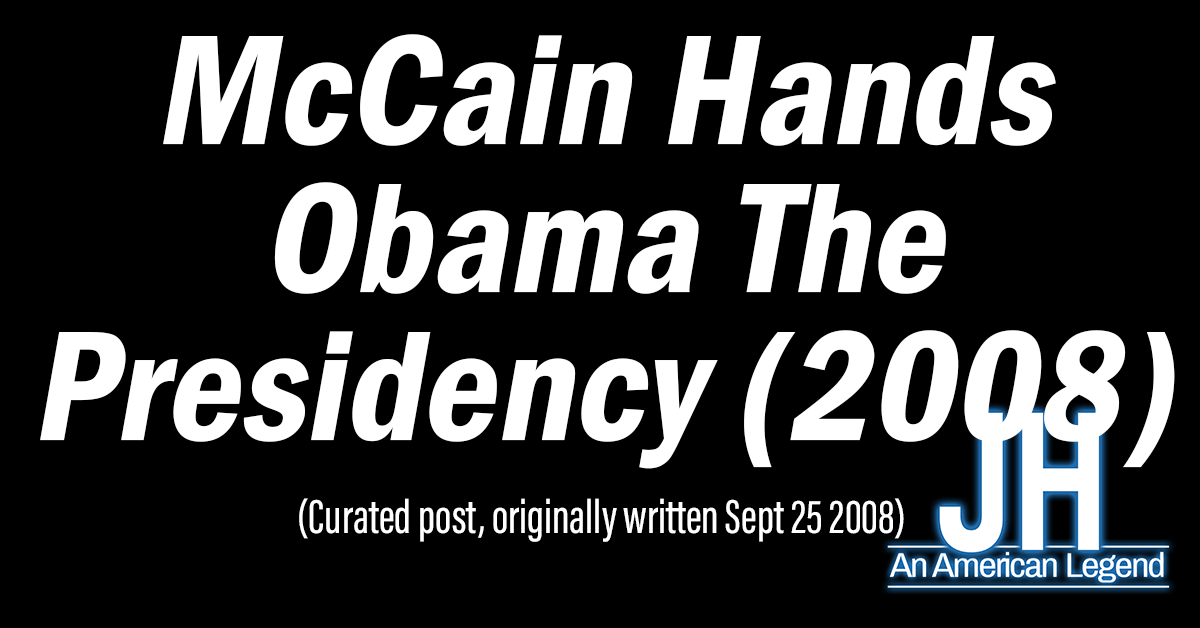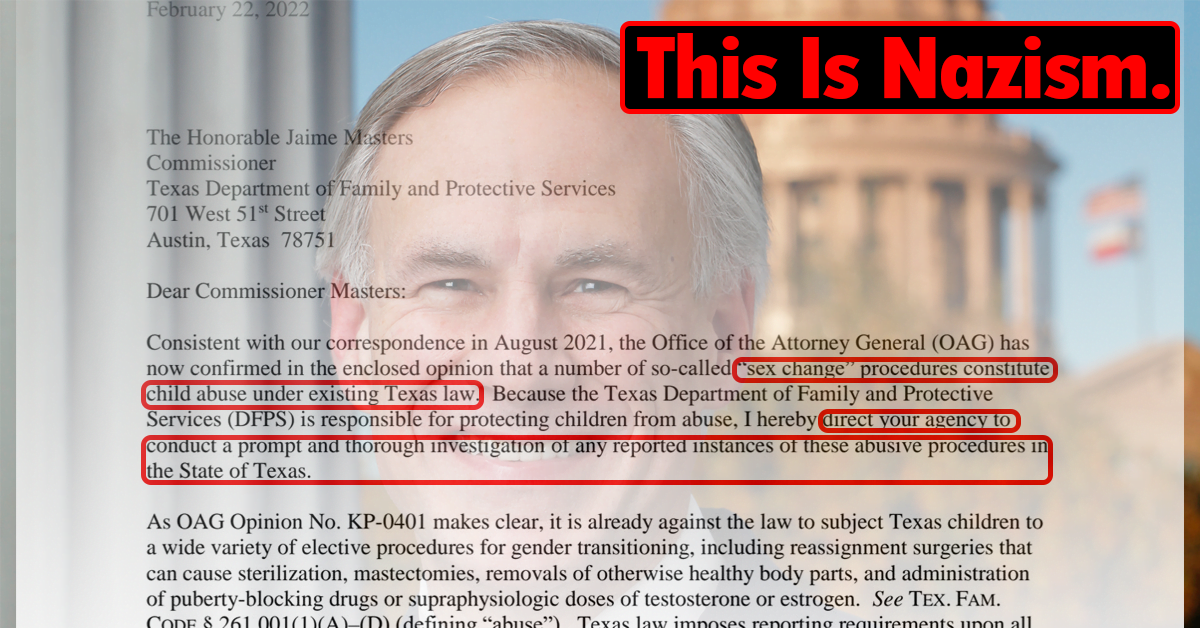
In my last article I discussed some broad generalities that empower and normalize the slow-motion fascist occupation of the United States Government. Now, let’s start talking about solutions.
I’ve asserted that this occupation exists and is actively working to reshape our nation.
Based on the feedback, that’s not a real hopeful message, and it wasn’t intended to be. It’s not happy news, and we all need a swift kick in the butt for letting things get this far.
Beating ourselves up even more, however, isn’t going to solve the problem. Feeling hopeless…well, it sure isn’t my goal to make people feel that way, at the same time I’m forced to think that it’s not a bad thing. There are millions of people in this country who feel, and have felt, that hopelessness every single day of our lives, and maybe it’s not a bad thing for the shoe to be on the other foot, so to speak. In spite of that, though, wallowing in self-recrimination (or inducing you to do so) isn’t my purpose in writing.
[su_dropcap]N[/su_dropcap]ow is the time to stop wallowing in it and start looking within ourselves and at the greater society as a whole and decide what we’re going to do about it, what we need to do about it, if we intend to have hope at all, let alone successfully end the occupation.
Step one is always: look in the mirror. Look at the accouterments of your life. Look at your own behavior. Do you sit and say nothing when the drunk uncle starts preaching MAGA at the family reunion? If you’re white, do you just sort of laugh uncomfortably when your white friends tell “n****r” jokes? That’s a surface thing, right there. A glaring, enormous bit of personal behavior you can change to help undermine all of the thought and behavior patterns that empower and normalize fascist thinking. Stop flinching. We all own this, and we’re all going to have to take these steps one way or another.
[do_widget id=text-2]
Maybe in your world, the aggressions aren’t so cut and dried. Maybe instead of wearing white hoods and talking about what has eight legs and says “Hodedo,” Uncle Bigot is more into the what-abouts. Like every time a cop kills a person who was no real threat to them, pulling out the ‘what about his criminal record’ and ‘why didn’t he cooperate’ and ‘black on black crime’ tropes. What are the assumptions in that thinking? Don’t we all, to some degree or another, find ourselves thinking in these terms? Even I, anti-authoritarian as I am, get a laugh out of Det. Olivia Benson illegally breaking in to a suspects apartment while they’re mid-coitus and making a joke about “exigent circmstances, I heard a woman scream,” or watching some doofus on COPS try to tell the officer arresting him that he hasn’t smoked pot while he’s got a joint behind his ear in plain sight of the camera.
I kind of hate to give up that guilty pleasure, that schadenfreude. We all do it, it’s just part of human nature to get a little personal lift out of going “look at that idiot!” But back to the mirror – how do these narratives normalize fascist authoritarianism? As others have pointed out, why are the internal affairs investigators in police procedurals always written as the “bad guys” who are just interfering in the ability of a “good cop who isn’t afraid to break the rules” to get his man? Why do police portrayals in general come down to either egregious violations of civil rights normalized under the guise of “justice,” or comically inept rubes who don’t know which end of the gun the bullets come out of?
Is it sinking in yet?
[su_dropcap]W[/su_dropcap]e’re gonna have to give some of these things up. Here’s another thought – why are our schoolchildren (and I’ll get you did it to) taught to pledge allegiance to a flag, before they’re taught how to uphold the values that flag ostensibly represents? Being the little social outcast I am, I stopped participating in like fourth grade, but this isn’t about me patting myself on the back for being so woke – there’s enough of that shallow, empty garbage on the internet. What I want to know is, what are you teaching your kids about that flag?
Because it’s parenting too, right? We thrive in this country on authoritarian parenting. While hard, recent data is difficult to come by, indications are that somewhere between 60 and 90% of parents still believe that spanking is an acceptable form of discipline (PDF), even though every serious study of the issue in the last fifty years has unambiguously said it’s not just ineffective but highly counter-effective.
[do_widget id=text-3]
Yet we continue to do it, don’t we? We’ll say with a complete lack of self-awareness “my parents spanked me and I turned out fine,” even though we manifestly didn’t because we turned out to be someone who thinks hitting a child is okay, and it’s not.
We’ll argue back and forth all day long about teaching “respect,” but we’re not teaching respect; we’re teaching fear of authority and rule by force, aren’t we? Isn’t it true, and isn’t it time we accepted as true, that if we’re doing our jobs properly our kids are absolutely going to rebel against us and push back against our values and demand that we validate and justify those values whether doing so makes us comfortable or not? Are you a parent who falls back to “because I said so” and “as long as you live in my house,” instead of being able to admit and discuss our own flaws in thinking, or for that matter to effectively explore and explain our values?
How does that normalize unquestioning fealty to authority, and how does that empower and normalize what ultimately becomes fascism in our kids’ thinking? Have you really thought about that? Have you looked inside yourself and asked whether you, yourself, haven’t been normalized and acclimated to authoritarianism – which is the root of fascism – far more deeply than you realized? Or have you decided that it’s just “easier” to say “because I said so” rather than taking the chance of having to defend your position and coming to the realization that you can’t?
Nobody said this was going to be easy. In fact I’m trying to make clear that it’s very much going to be hard. Even those of us who have been going over these things in our minds and making adjustments for years still have plenty of work to do. What I’ve written here isn’t an all-encompassing plan of action; it’s a start. The point I’m making – or trying to, in my clumsy way – is that it starts with us. You, me, your crazy aunt, your kindly old gramma who keeps making the snide remarks about der Schwarze.
Your kindly old gramma does that because when you don’t ask her to stop, that makes it okay for her. Your crazy uncle probably cares a whole lot less about worshiping Trump than he does about gaining attention and feeling like people think he’s smart, because nobody’s bothered telling him that they really don’t. Your drunk brother-in-law yammers on about “the antifa terrorists” because nobody around him has bothered standing up to that ignorance, or even pointing out the basic linguistic reality that “opposing anti-fascism” is “fascism.”
[su_dropcap]T[/su_dropcap]hese are tough conversations to have. They may cost you relationships and friendships that you’d rather not lose. This process is not painless…but getting here wasn’t painless for millions of disenfranchised, marginalized, and oppressed people, whether that’s a race, a sexual identity, or just being someone like me who doesn’t fit comfortably into other people’s pigeonholes.
While I can’t really make it easy for you, perhaps these thoughts will help. I’ve gone through these processes myself many times, and continue to do so daily. Just try to remember; for every dominant social group you’re a member of, there are thousands of people who have been hurt by our passive-aggressive refusal to stand up against the status quo of nationalism, xenophobia, othering, and so forth.
You are personally responsible for becoming more ethical than the culture in which you were raised. In accepting that responsibility and living up to it, you become part of the improvement of the culture as a whole.
A little cognitive dissonance experienced in the process of trying to grow to be better people really isn’t that much to ask. Is it?













